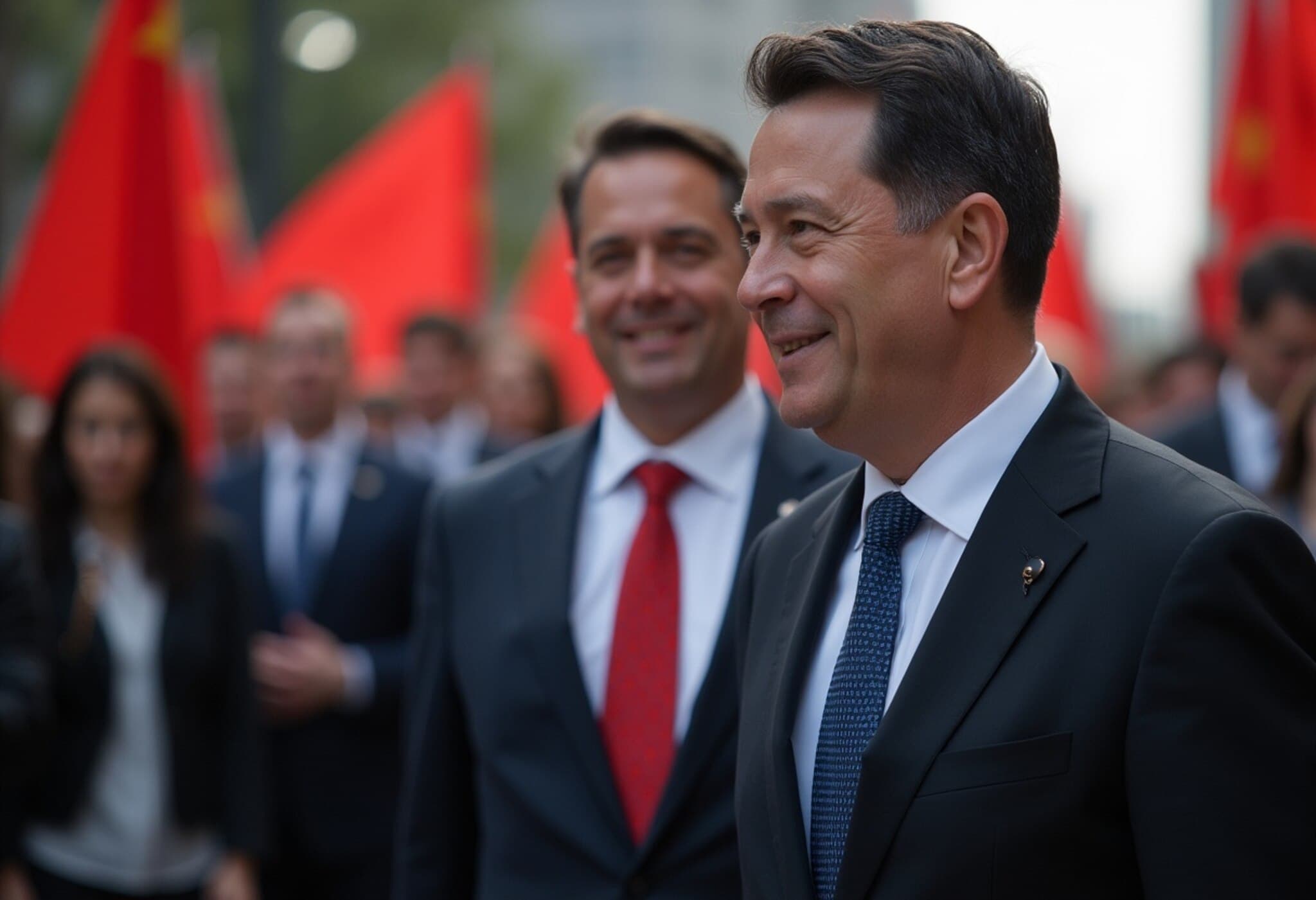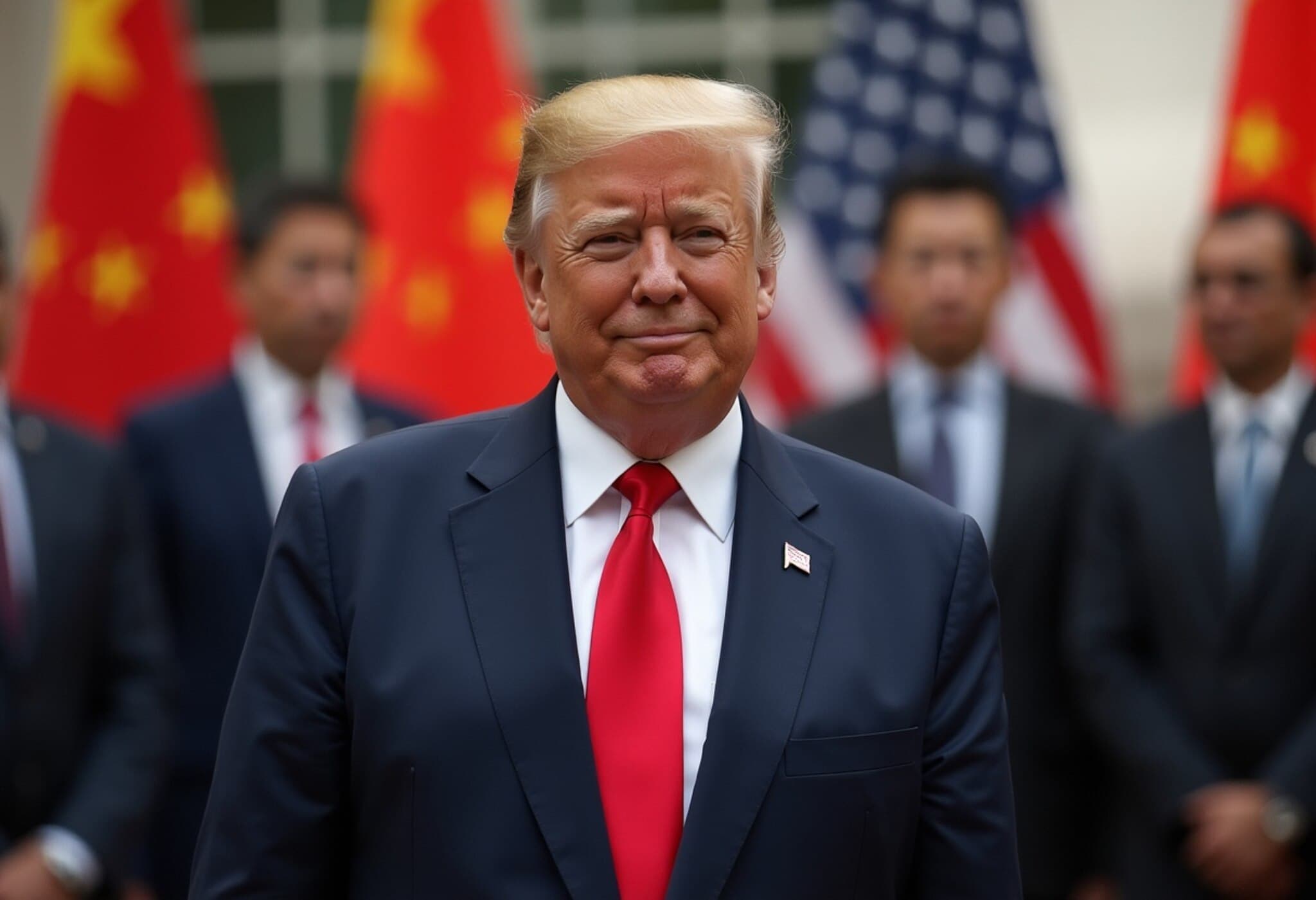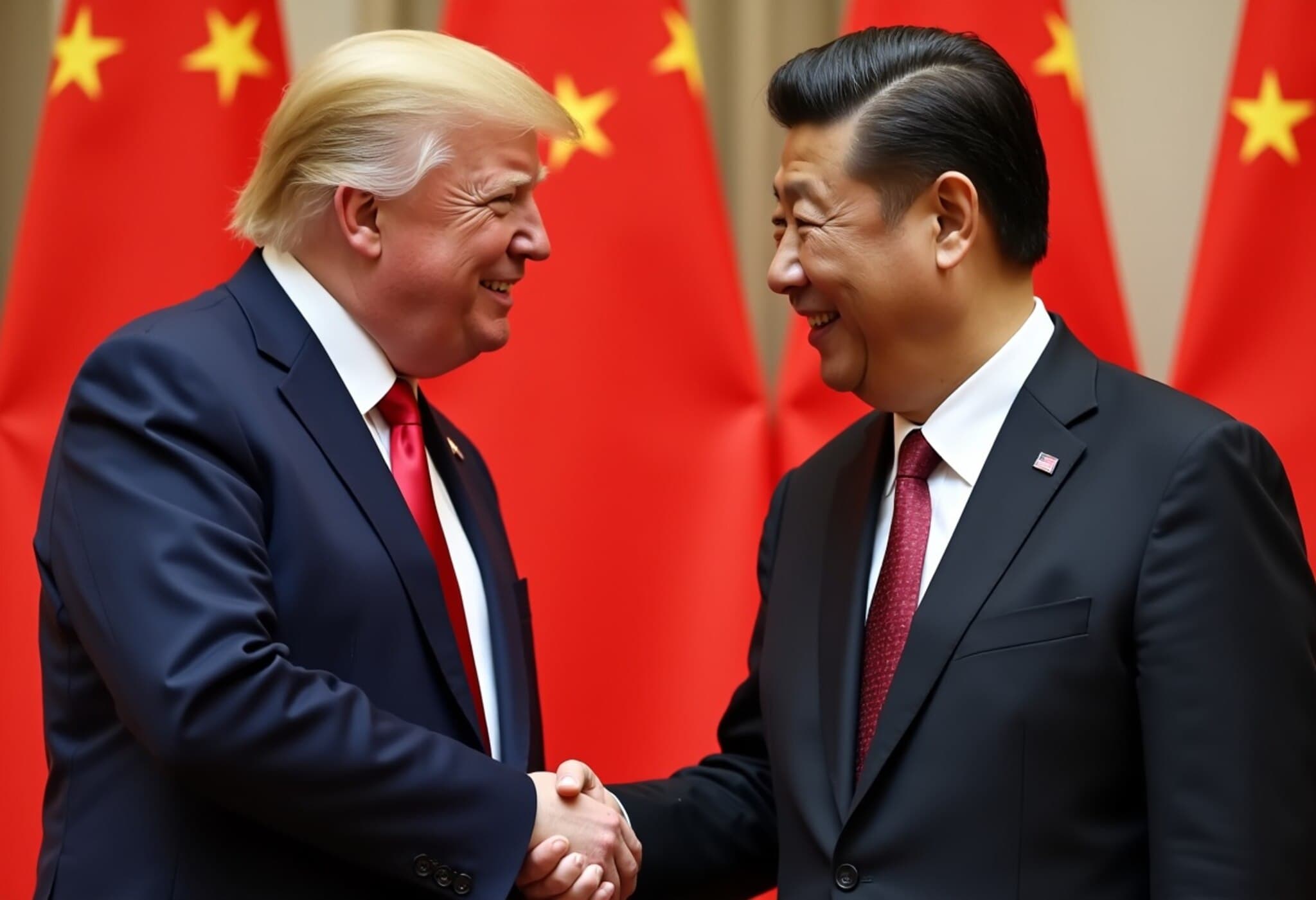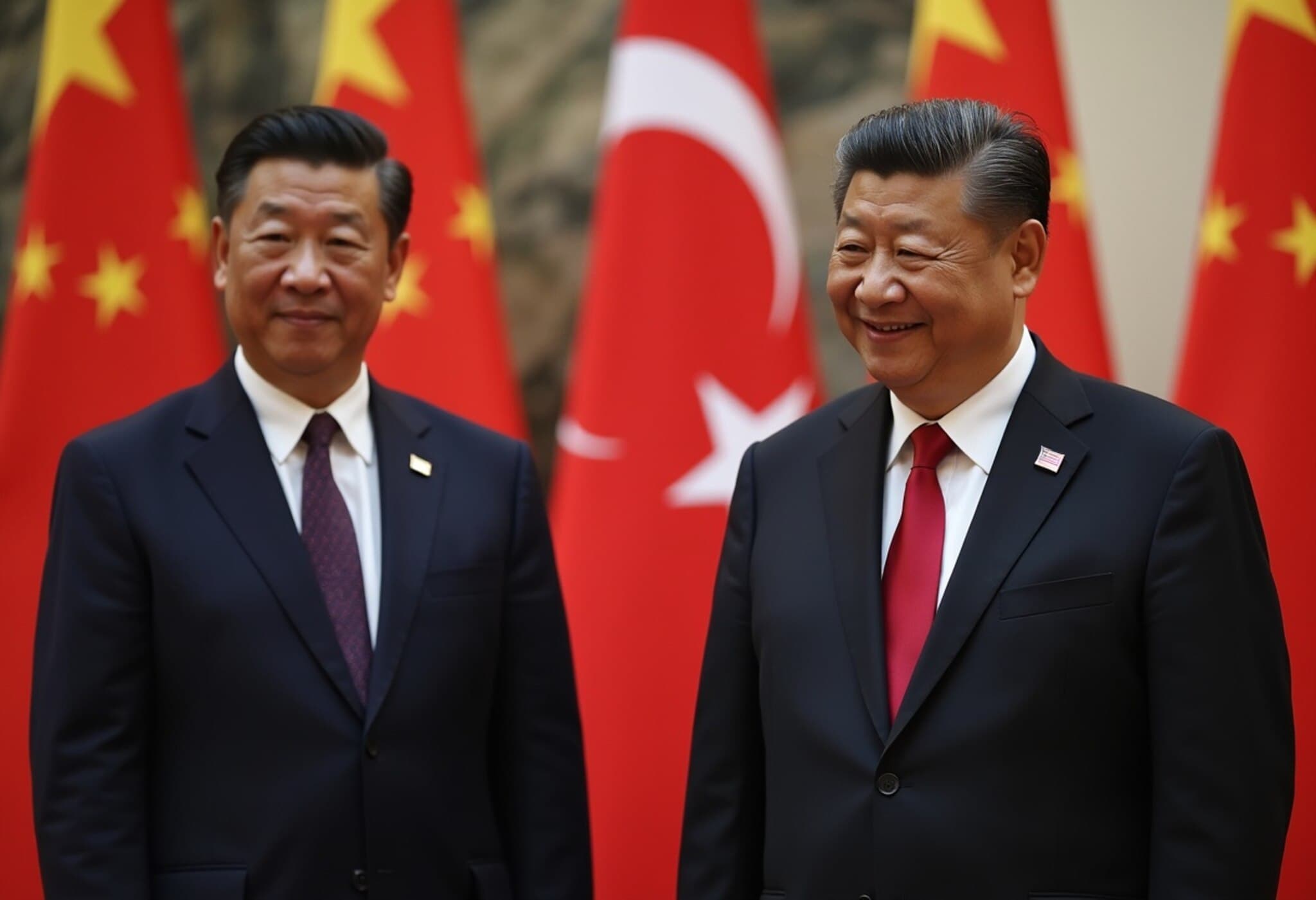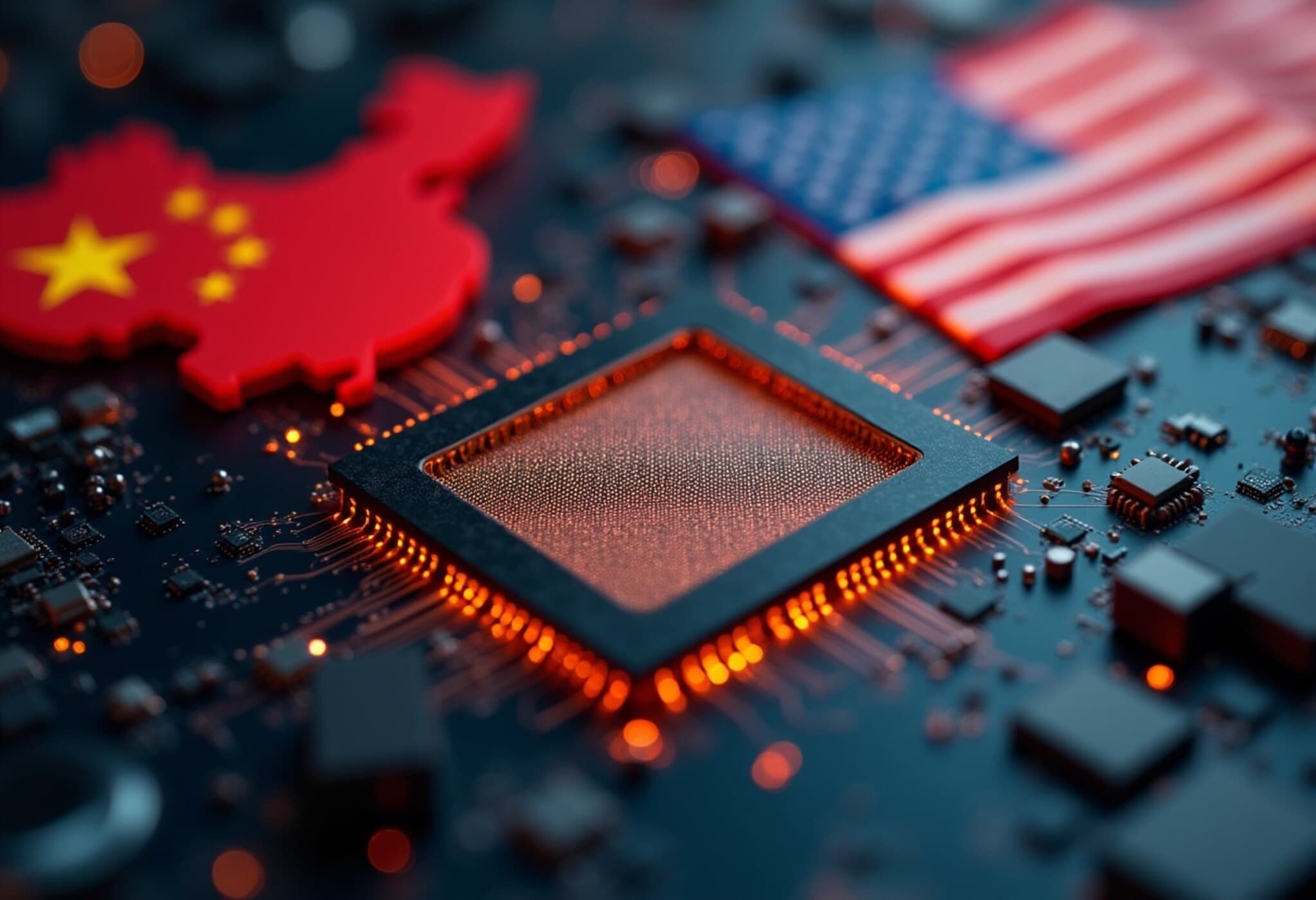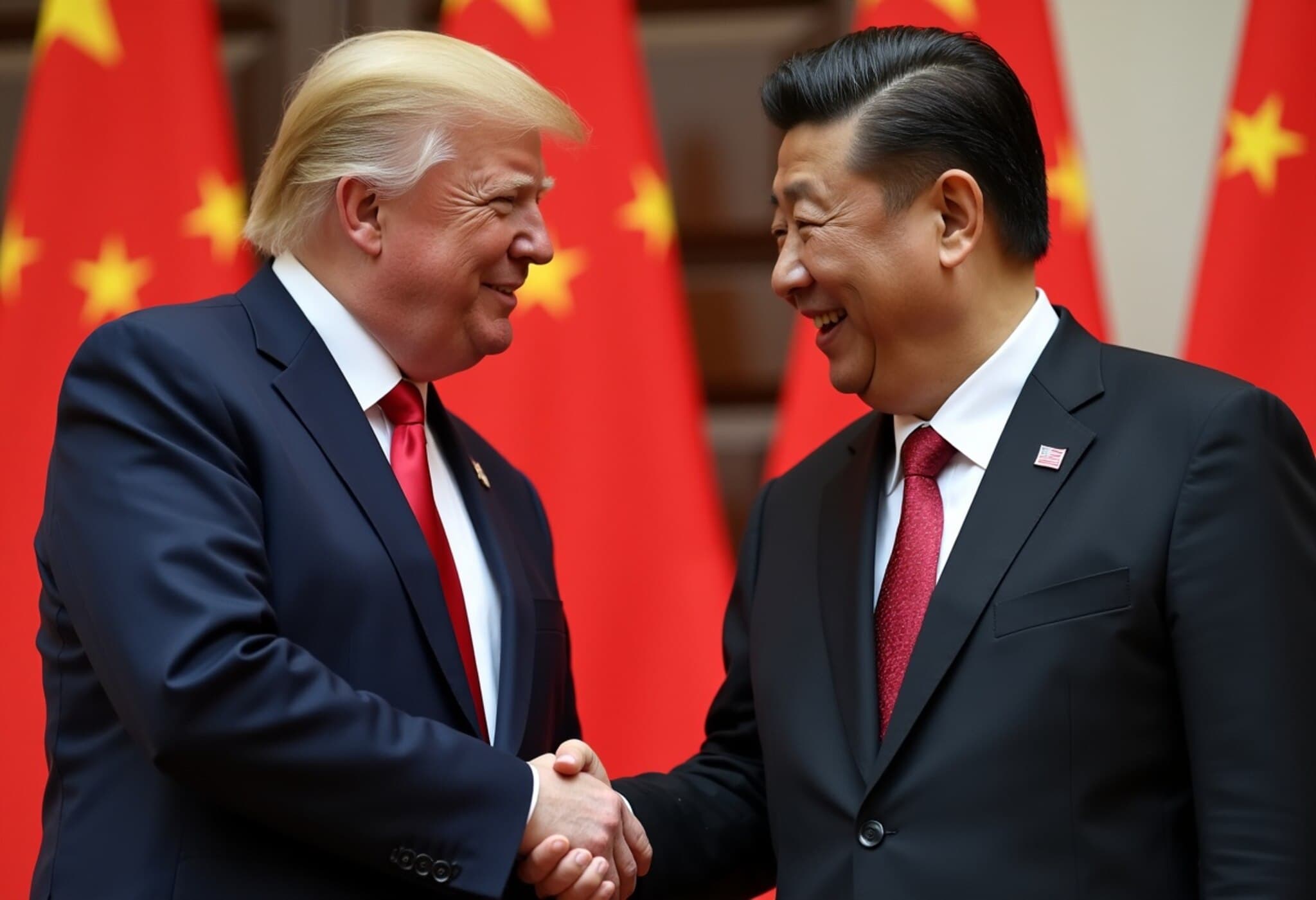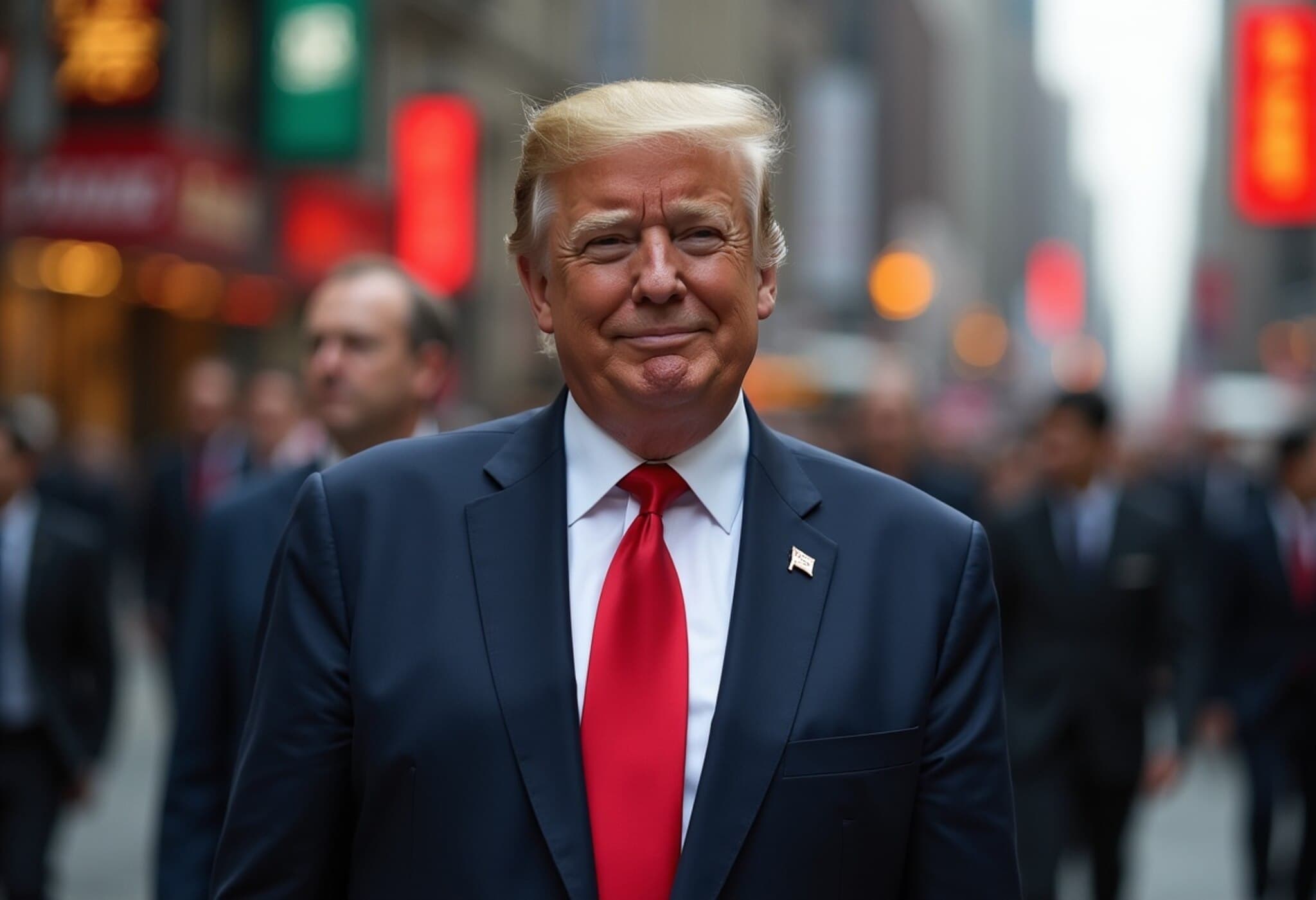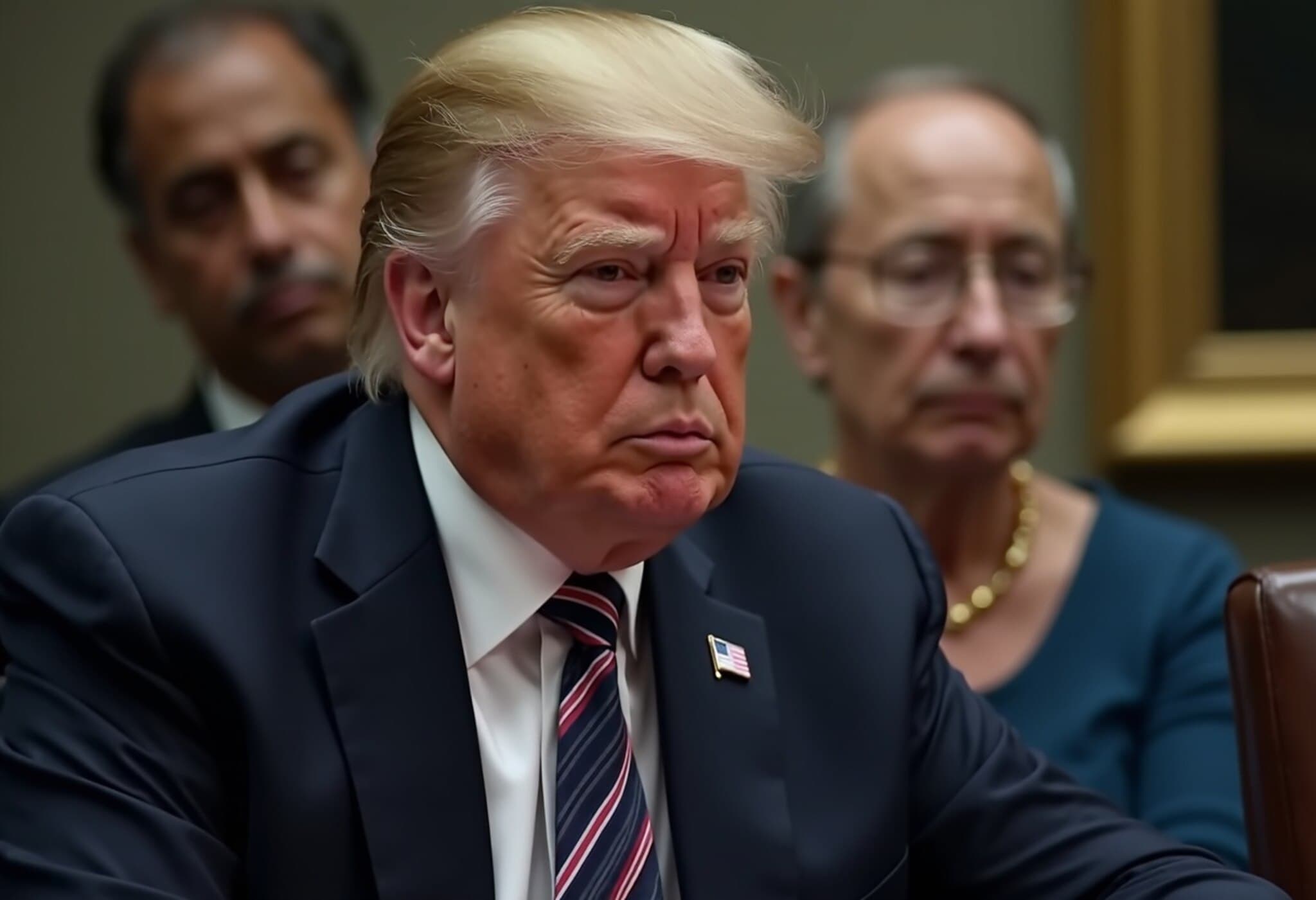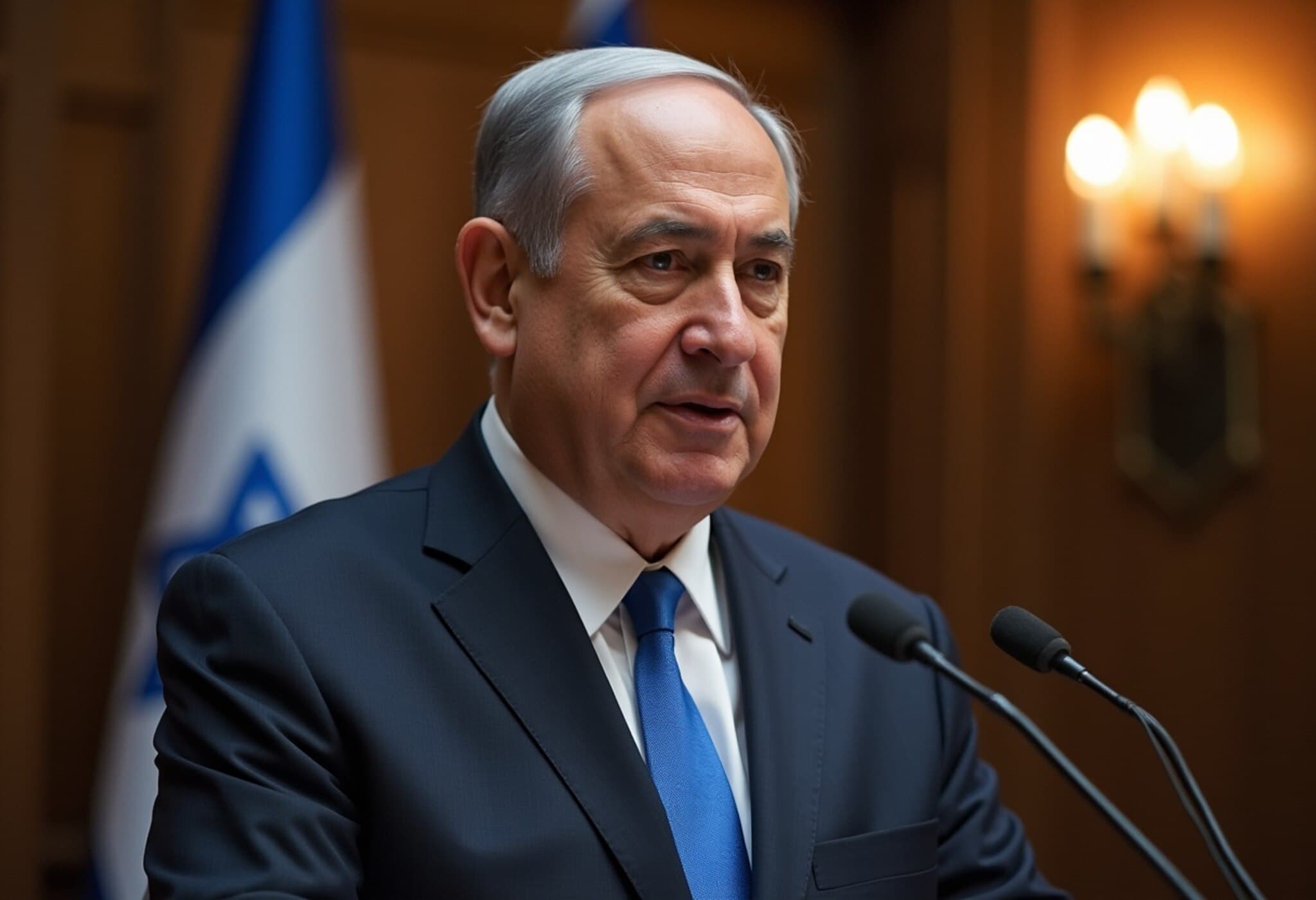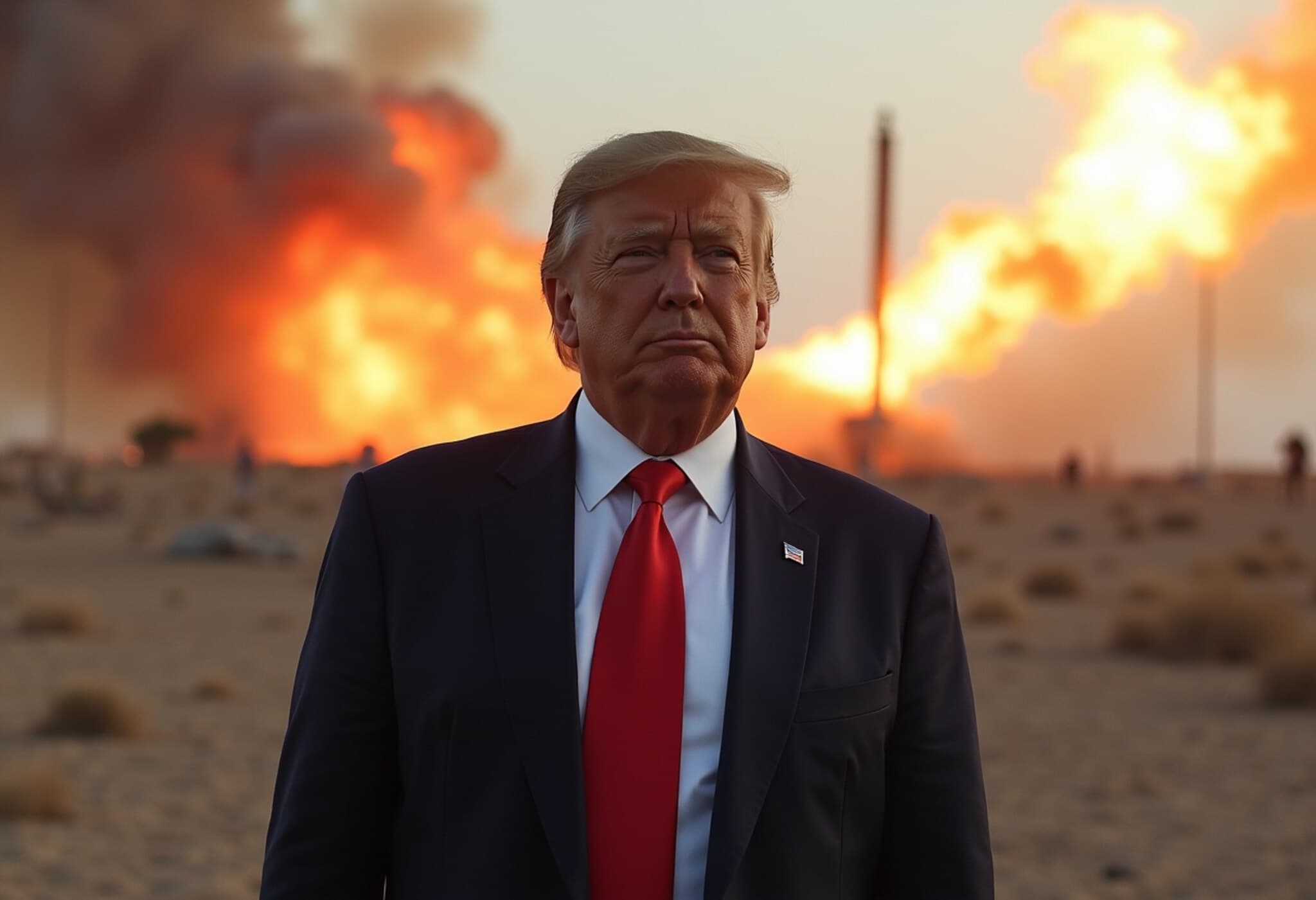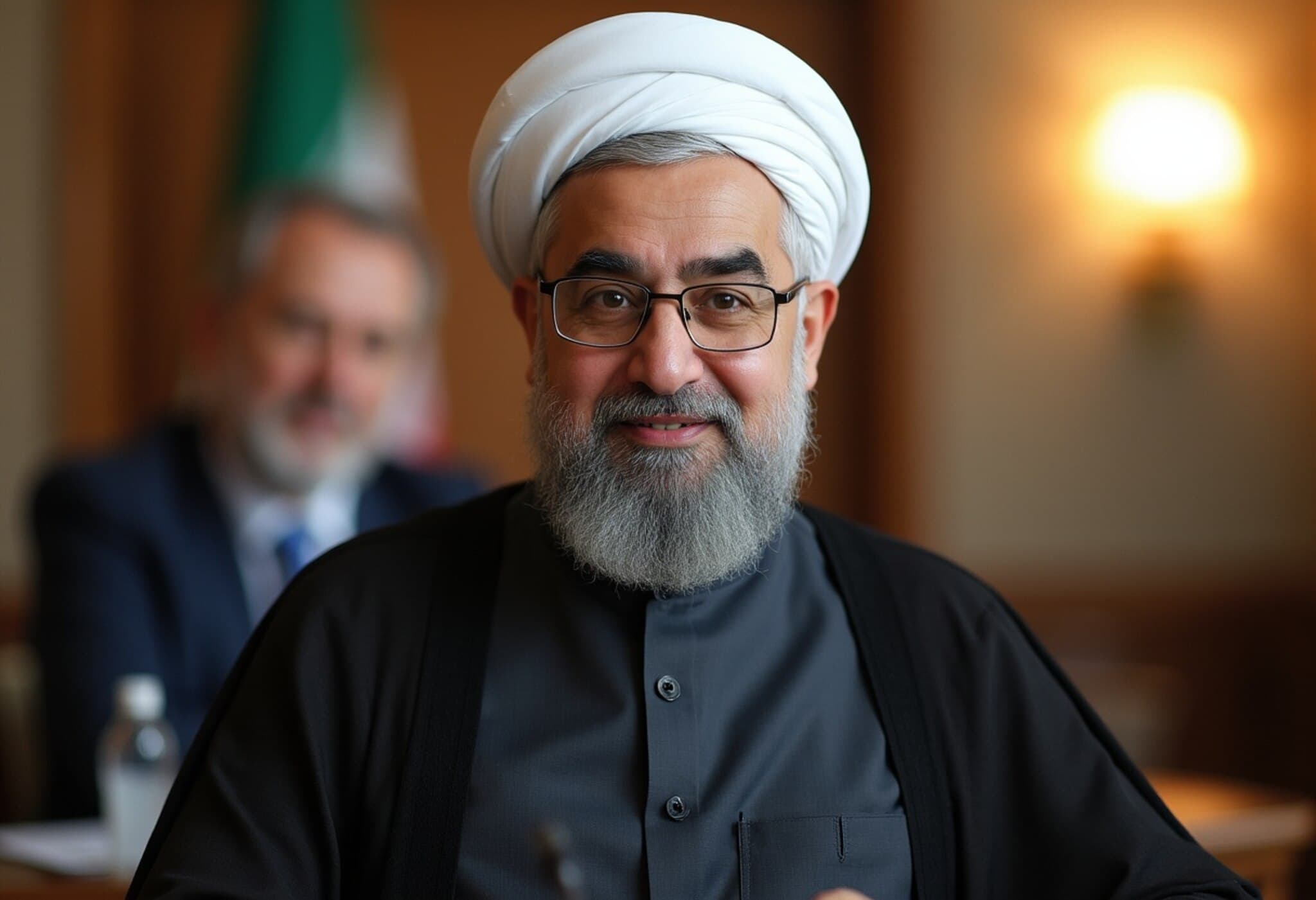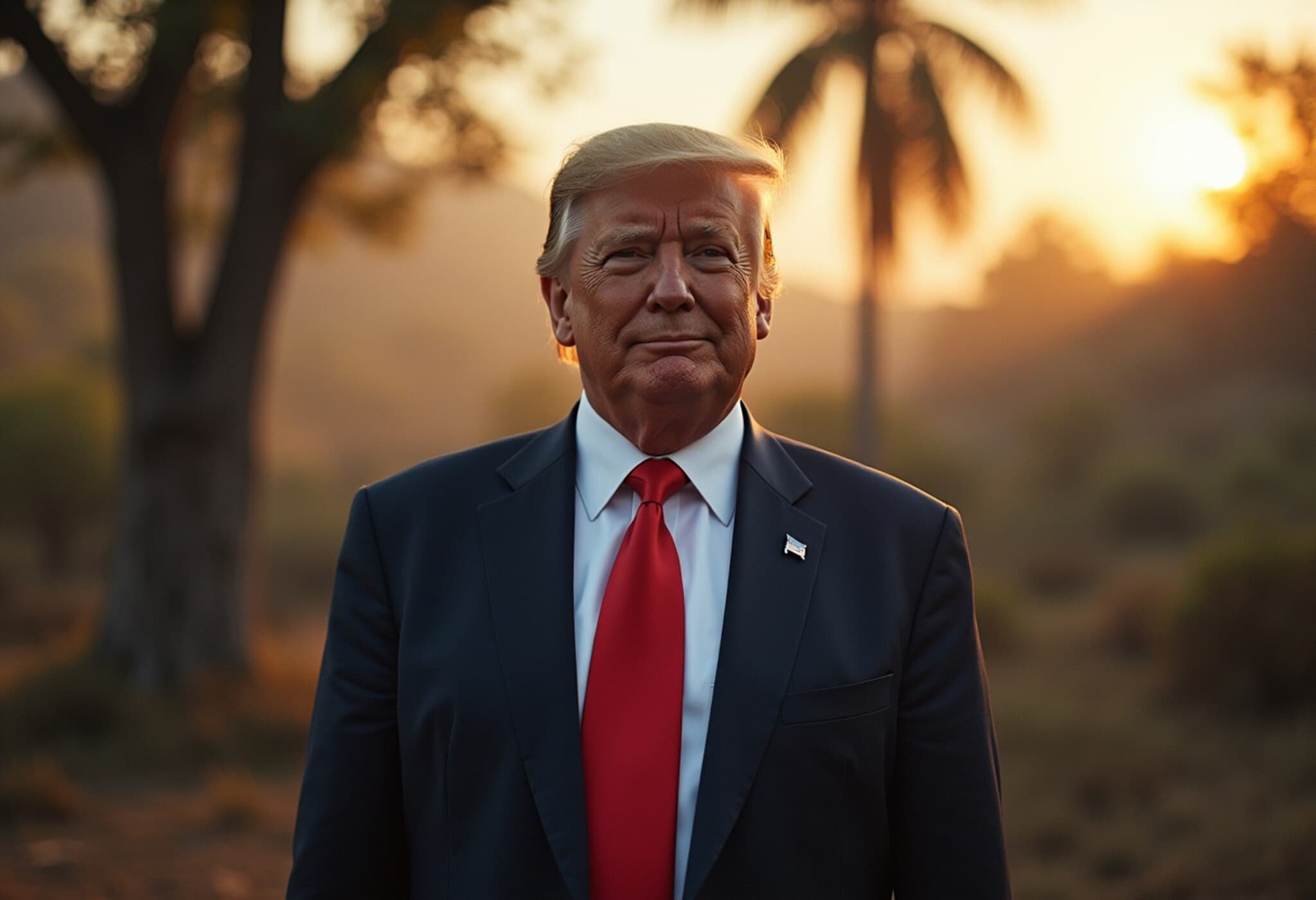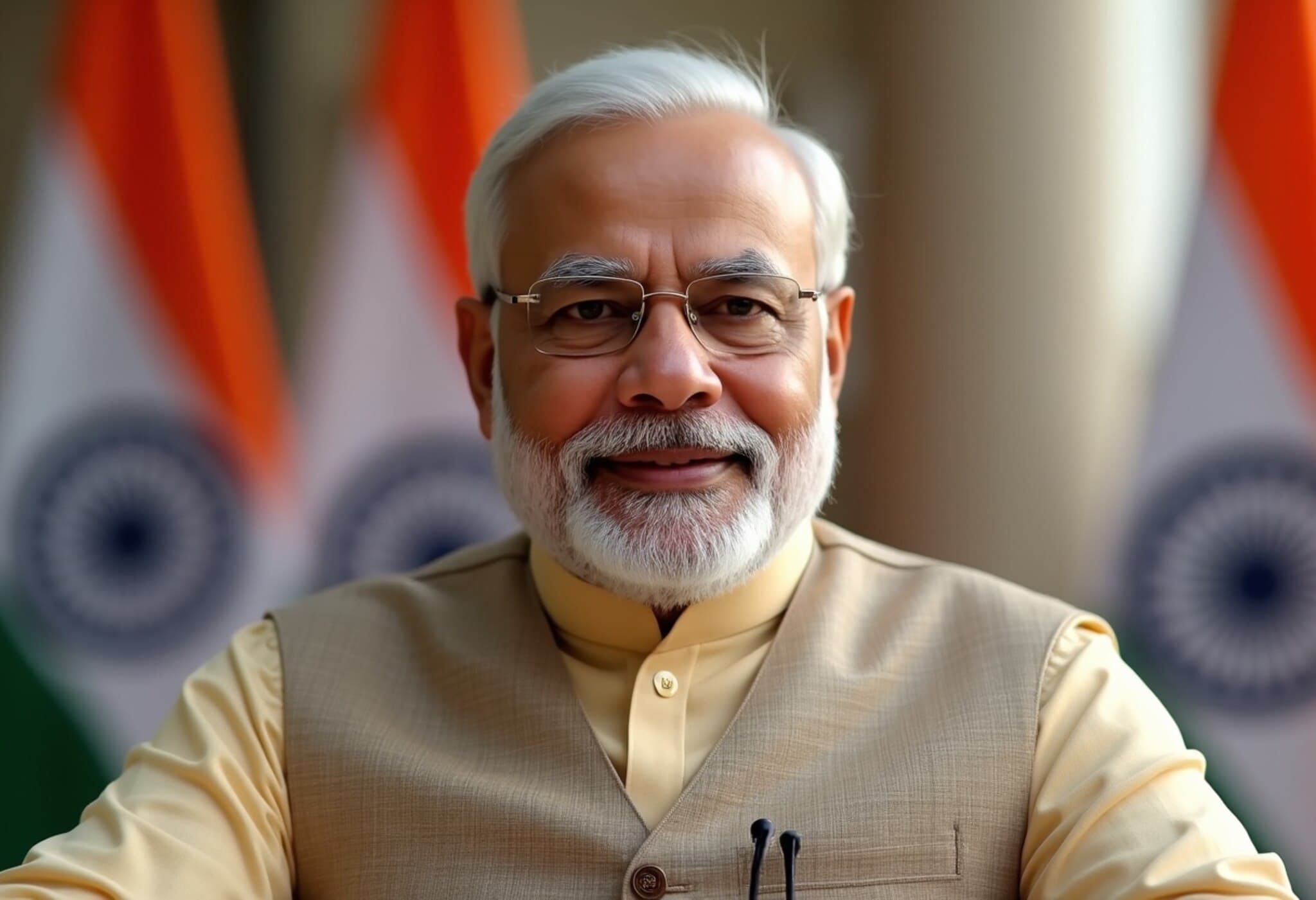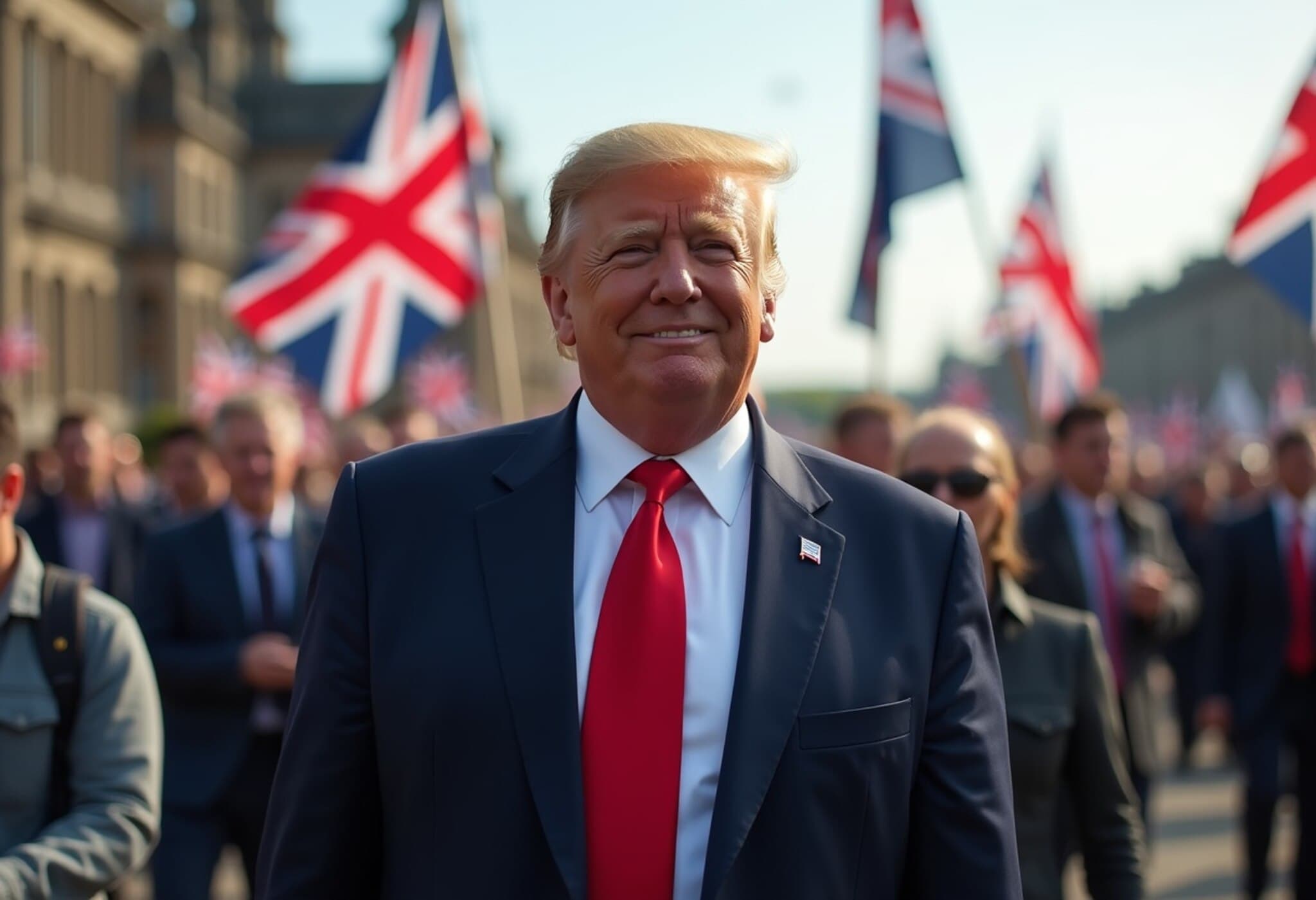US Condemns Hong Kong's Controversial Arrest Bounties Targeting Activists Abroad
In a sharp rebuke to Hong Kong authorities, US Secretary of State Marco Rubio publicly denounced the recent announcement of arrest bounties on 19 overseas pro-democracy activists, including individuals residing in the United States. The move has sparked widespread concern about the expansion of Beijing-backed measures beyond Hong Kong's borders, threatening democratic freedoms internationally.
What Happened?
On July 25, 2025, Hong Kong police declared rewards for information leading to the capture of activists involved in what they described as the "subversive" Hong Kong Parliament—an exiled pro-democracy organization established in Canada. The bounties range from HK$200,000 (approximately $25,500) to HK$1 million for several outstanding suspects.
This marks a troubling escalation as the Hong Kong government attempts to extend its national security law extraterritorially, targeting dissidents living freely overseas—a tactic Secretary Rubio branded as "transnational repression".
US Stance: Defending Freedoms on American Soil
Rubio emphasized that these actions are not only an affront to the targeted individuals but pose a direct challenge to American sovereignty and constitutional freedoms.
"We will not tolerate the Hong Kong government’s attempts to apply its national security laws to silence or intimidate Americans or anyone on US soil," Rubio stated, reaffirming the US commitment to uphold freedom of speech and political discourse.
His remarks underscore ongoing tensions between the US and China-backed authorities over Hong Kong's autonomy and the broader implications for international human rights.
Contextual Analysis: What This Means for International Law and Policy
The issuance of arrest bounties abroad raises complex questions:
- Extraterritorial Reach: Can national security laws legitimately target individuals beyond a country's borders? This case challenges accepted norms of international law and diplomatic protocol.
- Impact on Diaspora Communities: The pro-democracy Hong Kong diaspora, particularly in North America, finds itself increasingly vulnerable to surveillance and intimidation.
- US Foreign Policy Implications: The Biden administration (noting the article’s timestamp appears to erroneously mention Trump administration) faces mounting pressure to balance geopolitics with staunch advocacy for democratic values.
Experts warn that such tactics risk normalizing state-sponsored repression beyond national jurisdictions, potentially undermining global human rights protections.
Human Cost Behind the Headlines
While state actors spar, the individual stories of activists—many fled their homeland seeking safety—reflect a poignant narrative of courage and ongoing peril. The bounties increase their risk and strain families and communities bound by shared democratic aspirations.
Looking Ahead: Questions to Watch
- Will other democratic nations bolster protections for Hong Kong activists residing within their borders?
- How will international bodies respond to this provocation that blurs lines of sovereignty?
- What legal precedents might this set for extraterritorial enforcement of national security laws?
Ultimately, this incident is a stark reminder of the fragile balance between autonomy, security, and freedom in an increasingly interconnected world.
Editor’s Note
The US condemnation of Hong Kong’s arrest bounties signals a critical flashpoint in the ongoing struggle for democratic freedoms amid rising authoritarianism. Beyond the immediate geopolitical tension, it raises urgent questions about how countries enforce laws overseas and protect dissidents far from home. Observers should monitor how this approach shapes future international human rights advocacy and the lived realities of activists worldwide.

